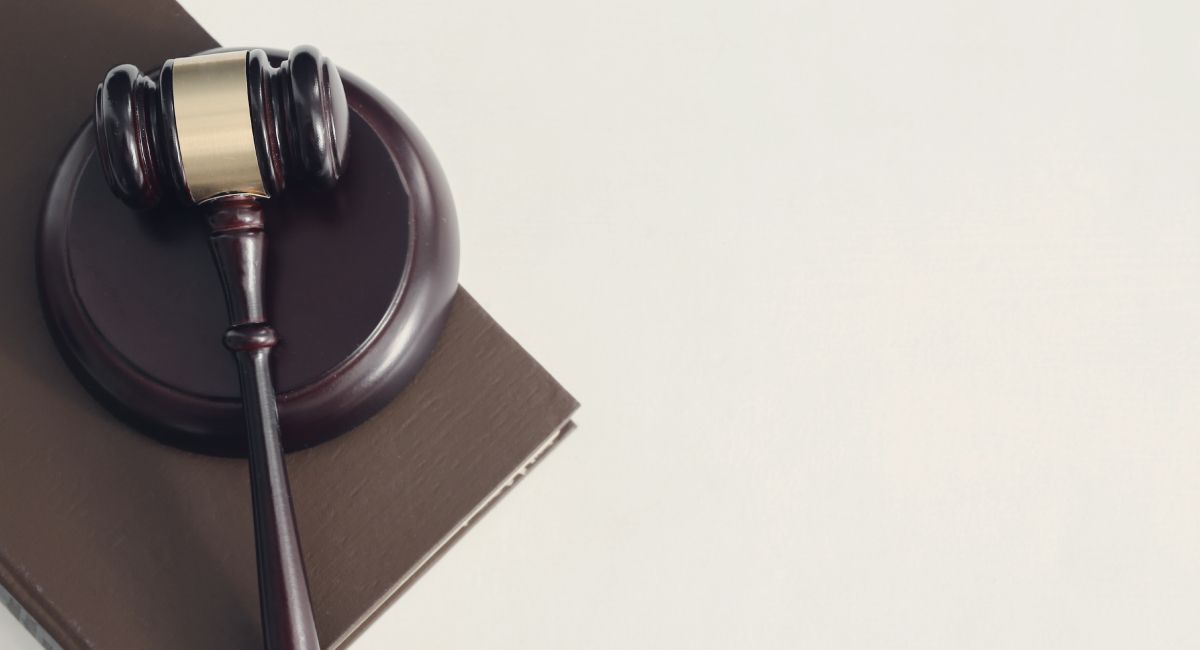Signature Collection
Explore SignatureCheques are used across the world for various purposes, but most importantly to make payments for a variety of goods and services. In the UAE, cheques are extremely commonly used as a mode of payment, especially for rent payments. Often a cheque gets bounced by the bank. This is a common phenomenon, which is why it has strong and legal implications in the UAE if you issue a cheque that bounces.
Bounced Cheque: What is it?
In the UAE, we use cheques to pay for business and personal expenses. It is also a widely used method of payment of rent in Dubai. When a cheque gets bounced, or dishonoured & returned, there will be legal consequences. A cheque will be bounced in the following scenarios:
1. Insufficient Funds: When the funds in the account are insufficient and are not equal to or more than the amount of money written on the cheque when it was issued, the cheque will get bounced.
2. Errors: In case of wrong signatures, incorrect date or missing date, scribbled and over-written text the cheque will get rejected by the bank.
3. Bank Closure: In case the bank closes up before the date of the cheque encashment, then it is not going to be accepted.
4. Bank Instruction: If the bank has been instructed to withhold payment in lieu of the cheque issued, the bank will bounce the cheque.

Latest Law:
Previously, the UAE imposed criminal penalties for cheque bounce cases, including fines starting at AED 1,000 and a minimum of one-month imprisonment for offenders acting in bad faith.
However, with the introduction of Federal Decree-Law No. 14 of 2020, certain changes took effect from October 1, 2020, while most significant provisions became effective on January 2, 2022. These updates shifted how bounced cheque cases are handled:
Most cheque bounce cases—particularly those due to insufficient funds—are now treated as civil matters rather than criminal offenses.
Cheques are classified as executive documents, empowering beneficiaries to file for enforcement directly through civil execution courts without filing a separate lawsuit.
As of October 3, 2022, banks are obligated to partially settle the cheque amount if the available balance is insufficient. The beneficiary can recover the remaining balance through legal channels.

Despite the decriminalization of many cheque bounce scenarios, the law retains criminal penalties for the following actions:
- Issuing a cheque in bad faith.
- Drawing a cheque from a closed account.
- Deliberately preventing cheque clearance via unjustified stop-payment orders.
- Forging or fraudulently using cheques.
In such cases, penalties may include imprisonment and fines, with harsher consequences for repeat offenders. Additionally, courts are authorized to publicly disclose the defaulter’s name, occupation, and residence in both Arabic and English newspapers, with costs covered by the defaulter.
Updates in 2025 and Civil Execution Enhancements:
Since January 2, 2022, under Federal Decree-Law No. 14 of 2020, the UAE has decriminalized most cheque bounce cases involving insufficient funds. Cheques are now treated as enforceable instruments, allowing beneficiaries to pursue civil execution without initiating a separate legal case.
However, cheque fraud—including issuing cheques from closed accounts or in bad faith—remains a criminal offense, punishable by fines or imprisonment.
Effective from October 3, 2022, banks are also required to make partial payments on cheques if the available balance is less than the cheque amount. The beneficiary may then claim the remaining balance through the courts.
These reforms were introduced to reinforce financial stability, reduce criminal court burdens, and strengthen trust in the UAE’s commercial and banking systems.
Preventive Measures for Cheque Issuers
To reduce the risk of legal complications due to cheque bounce in 2025, individuals and businesses are encouraged to:
- Maintain sufficient account balances before issuing a cheque
- Regularly monitor their account and issued cheques
- Use electronic or bank-verified payments when possible
- Seek legal counsel in cases of dispute or fund shortage
FAQs
As of 2022, most bounced cheque cases are handled as civil disputes under Federal Decree-Law No. 14. Criminal charges apply only in cases involving fraud or bad faith.
The new rule decriminalizes cheque bounce due to insufficient funds and allows direct execution through civil courts. Fraudulent cheques remain punishable under criminal law.
Yes. If funds are insufficient, banks are now required to pay the available amount and notify the beneficiary, who can pursue the balance through court.
Issuing a cheque from a closed account is still considered a criminal offense and may result in imprisonment and heavy fines.
Businesses can avoid penalties by using real-time bank reconciliation, verifying account balances before issuing cheques, and adopting digital payment solutions.
For more information, get in touch with us at Provident